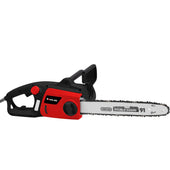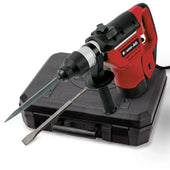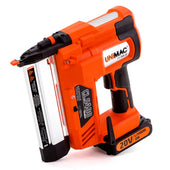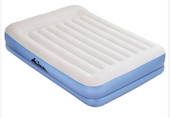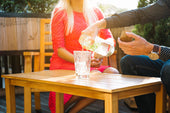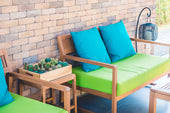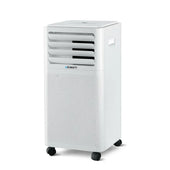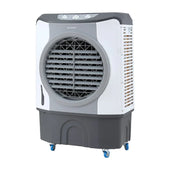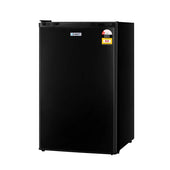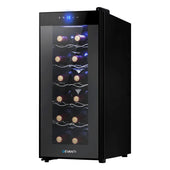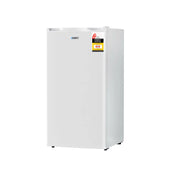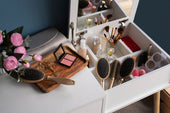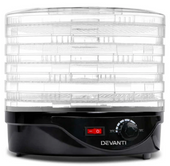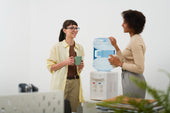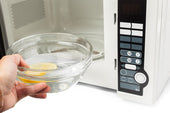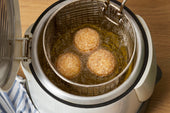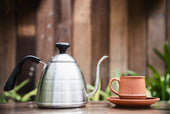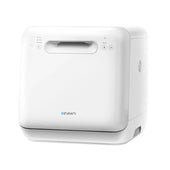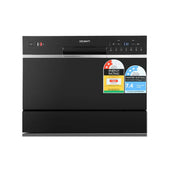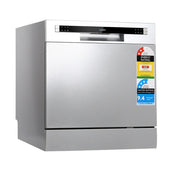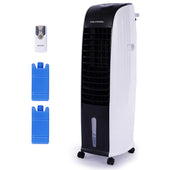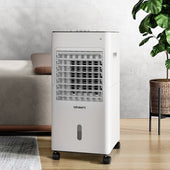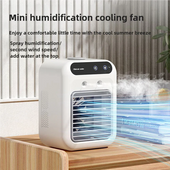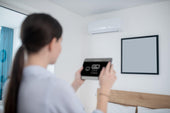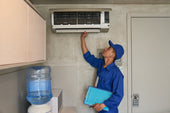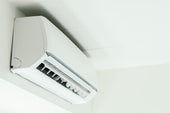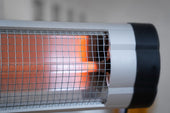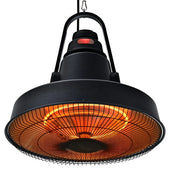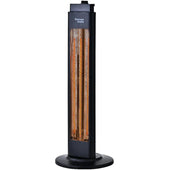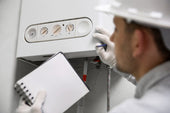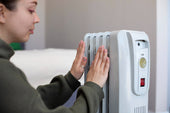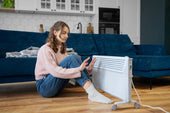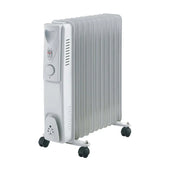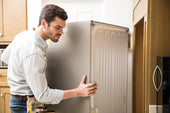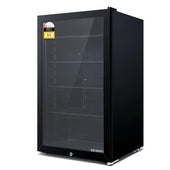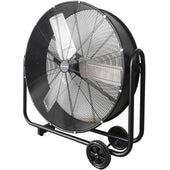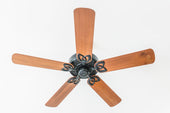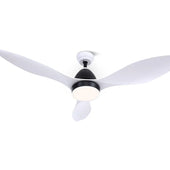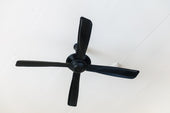Understanding Hard Water Stains: Causes and Impact
Hard water stains arise from water containing high levels of minerals, primarily calcium and magnesium. When this water evaporates, it leaves behind mineral deposits that form whitish or cloudy stains. These stains are commonly observed on glass surfaces, shower heads & screens, bathroom fixtures, and kitchen appliances. Hard water is frequently caused by groundwater flowing through limestone or other mineral-rich areas.
These stains not only detract from the visual appeal of surfaces but can also lead to long-term damage. Over time, mineral deposits may cause etching on glass or corrosion on metal fixtures. Understanding their origin helps identify appropriate removal methods and preventive measures for maintaining surface quality.
Essential Tools and Supplies for Removing Hard Water Stains
To effectively tackle hard water stains, having the proper tools and supplies is crucial, especially During Days when cleaning tasks are often part of your regular routine. Basic household items such as white vinegar and baking soda serve as powerful cleaners for mineral deposits. Microfibre cloths are ideal for wiping surfaces without causing scratches. Scrub pads or non-abrasive sponges help remove stubborn stains.
Store-bought products, like hard water stain removers, provide convenience and specialised formulas. Squeegees are often employed for glass and shower doors, ensuring streak-free results. Rubber gloves should be used to protect skin from chemicals. Toothbrushes can reach tight spaces, while a spray bottle enables precise application. Essential tools simplify the cleaning process for different surfaces effectively.
Basic household items such as white vinegar and baking soda serve as powerful cleaners for mineral deposits. Microfibre cloths are ideal for wiping surfaces without causing scratches. Scrub pads or non-abrasive sponges help remove stubborn stains.
Store-bought products, like hard water stain removers, provide convenience and specialised formulas. Squeegees are often employed for glass and shower doors, ensuring streak-free results. Rubber gloves should be used to protect skin from chemicals. Toothbrushes can reach tight spaces, while a spray bottle enables precise application. Essential tools simplify the cleaning process for different surfaces effectively.
Quick Fixes for Light Hard Water Stains
For minor hard water stains, simple solutions can be highly effective. Consider these quick remedies to tackle spots before they become stubborn:
- White Vinegar Solution: Mix equal parts of white vinegar and warm water. Spray the mixture onto the affected area, let it sit for five minutes, and wipe with a soft cloth. For sensitive surfaces, dilute vinegar further to prevent damage.
- Baking Soda Paste: Combine baking soda with a few drops of water to form a paste. Apply it to the stain, scrub gently using a non-abrasive sponge, and rinse thoroughly.
- Lemon Juice Application: Cut a lemon in half and rub it directly over the stain. Its natural acidity helps break down the mineral deposits.
- Glass Cleaner: For shower doors or glass surfaces, a commercial glass cleaner can remove lighter stains effectively.
Each method works best on freshly formed stains, ensuring quick results.
In-Depth Cleaning Techniques for Stubborn Stains
Hard water stains can require specialised methods to fully eradicate. Begin by mixing white vinegar and baking soda into a paste, applying it directly to areas with stubborn deposits. Leave the mixture on for 15-20 minutes, allowing the acidic vinegar to break down minerals. Then, use a non-abrasive scrubbing pad to gently rub the surface.
For glass surfaces, combine equal parts vinegar and distilled water in a spray bottle. Spray generously and wipe with a microfibre cloth. Stains on tiles demand careful treatment with lemon juice—apply directly and scrub with a brush. Regularly rinsing surfaces post-treatment helps prevent stain recurrence.
DIY Solutions: Homemade Remedies for Hard Water Stains
Homemade remedies can effectively tackle stubborn hard water stains using items commonly found at home. These eco-friendly solutions are both cost-efficient and simple to prepare.
- Vinegar and Water Solution: Combine equal parts white vinegar and water in a spray bottle. Apply generously to the stained area, let it sit for 15 minutes, then scrub lightly with a soft cloth or sponge.
- Baking Soda Paste: Mix baking soda with water to create a thick paste. Apply the paste to the stain, wait 10 minutes, and scrub using circular motions before rinsing.
- Lemon Juice: Fresh lemon juice works well on glass or metal surfaces. Rub a halved lemon onto the stains and rinse thoroughly after letting it sit.
Using Commercial Products: What Works Best?
Commercial cleaners designed specifically for hard water stains can provide effective solutions. Look for products containing mild acids like citric acid or phosphoric acid, as they dissolve mineral deposits without damaging surfaces. These cleaners are available in sprays, gels, or powders, each suitable for different applications.
- Glass Cleaners: Products labelled for cleaning shower doors or windows often focus on removing mineral build-up and restoring clarity to glass surfaces.
- Lime and Calcium Removers: Multi-surface cleaners target limescale and calcium deposits, ideal for faucets, sinks, and tiles.
- Bathroom-specific Cleaners: These are tailored for use on porcelain, ceramic, or fibreglass.
Always follow manufacturer instructions for safety and avoid mixing cleaners to prevent harmful reactions.
Preventative Measures to Keep Hard Water Stains Away
Preventing hard water stains starts with regular maintenance and mindful habits. Installing a water softener can significantly reduce mineral deposits in water, lessening the chances of buildup. Alternatively, using water filtration systems fitted to taps or showerheads helps minimise hard water effects.
Wiping down surfaces such as glass, tiles, or chrome fixtures after usage can deter stains from forming. Using squeegees on shower screens or mirrors is highly effective. Applying a protective coating or sealant to vulnerable areas adds an additional barrier to stop minerals from settling. Routine cleaning with vinegar-based solutions or commercial products ensures long-term defence against hard water stains.
Specialised Techniques for Removing Stains from Glass Surfaces
Removing hard water stains from glass surfaces requires precision and advanced methods to preserve clarity.
- Use White Vinegar: Soaking a soft cloth in white vinegar helps dissolve stubborn mineral deposits when gently rubbed in circular motions.
- Employ Lemon Juice: The natural acidity of lemon juice breaks down stains effectively. Apply it directly, then rinse thoroughly.
- Buff with Baking Soda Paste: Combine baking soda and water to form a paste. Spread onto the stained area and lightly scrub with a non-abrasive pad.
- Consider Commercial Products: Specialised hard water stain removers tailor-made for glass can offer faster results.
Properly rinsing and drying surfaces after cleaning minimises water spots and ensures pristine glass surfaces.
Effective Methods for Tiled Surfaces and Grout Lines
Removing hard water stains from tiled surfaces and grout lines requires precision, patience, and the right tools. White vinegar, a common household staple, effectively breaks down mineral deposits. To utilise it, soak a cloth in vinegar and press it onto the stained tile or grout for approximately 15 minutes before scrubbing with a brush.
For tougher stains, consider applying a paste of baking soda and vinegar. Spread the mixture onto the grout lines, let it sit, and gently scrub in circular motions. Commercial grout cleaners offer an alternative for extra stubborn deposits. Transitioning to prevention, seal the grout and wipe tiles after exposure to water to minimise future build-up.
Safeguarding Fixtures and Appliances from Hard Water Stains
Hard water stains can significantly damage fixtures and appliances over time, diminishing their aesthetic appeal and functionality. Preventive measures should be undertaken to minimise their formation and ensure long-lasting performance.
- Install Water Softening Systems: Water softeners reduce mineral content, ensuring water quality improvements across the home.
- Use Protective Coatings: Application of sealants creates a barrier on surfaces like taps and showerheads to prevent mineral deposits.
- Wipe Surfaces Regularly: A soft cloth or squeegee should be used daily after usage to eliminate standing water.
- Vinegar Cleaning Solutions: Occasional cleaning with vinegar eliminates existing stains and deters new ones.
- Descale Appliances: Regular maintenance of kettles, washing machines, and dishwashers prevents internal build-up from hard water minerals.
Adopting these practices ensures that hard water effects are mitigated efficiently without compromising the longevity of fixtures and appliances.
The Role of Water Softeners in Combatting Hard Water Issues
Water softeners play a crucial role in addressing hard water problems by reducing mineral content, particularly calcium and magnesium. These minerals cause limescale build-up and exacerbate hard water stains. A water softener uses a process called ion exchange to replace the hardness ions with sodium or potassium ions, effectively softening the water.
Benefits of water softeners include:
- Preventing Limescale: Reduces deposits on fixtures and appliances.
- Improving Cleaning Efficiency: Enhances soap and detergent performance.
- Prolonging Appliance Lifespan: Protects washing machines and plumbing.
By delivering softened water, such systems minimise hard water stains, promoting easier maintenance of surfaces and healthier plumbing systems.
Eco-Friendly Alternatives to Remove Hard Water Stains
Households seeking sustainable solutions can employ several eco-friendly methods to tackle hard water stains effectively:
- White Vinegar: Dabbing or soaking the affected area with a solution of equal parts vinegar and water dissolves mineral deposits naturally. Rinse with warm water afterwards.
- Baking Soda Paste: Mixing baking soda with water creates a gentle abrasive that lifts stains without damaging surfaces. Apply, scrub, and rinse thoroughly.
- Lemon Juice: The natural acidity in lemon juice breaks down mineral build-up while leaving a refreshing scent. Rub directly on stains or mix with water for a spray.
- Salt and Citric Acid: Combining salt with citric acid powder provides a natural scouring agent that works on stubborn stains.
These techniques minimise environmental harm while delivering effective results.
How to Tackle Hard Water Stains on Outdoor Surfaces
To address hard water stains outdoors, preparation is key. Begin by rinsing the surface thoroughly with plain water to remove loose dirt or debris. Stains on concrete, brick, or tile surfaces can be treated using a mixture of white vinegar and water in equal parts. Apply the solution generously with a sponge, brush, or sprayer.
For stubborn stains, a paste of baking soda and water can be utilised. Rub it gently onto the affected areas, letting it sit for 10–15 minutes before rinsing. Use caution when applying acidic solutions like vinegar to delicate stone surfaces. Always test a small, inconspicuous area first to avoid damage.
Common Mistakes to Avoid When Dealing with Hard Water Stains
- Skipping a Test Spot Using a cleaner without testing it on a small, inconspicuous area can lead to unexpected damage, especially on delicate surfaces.
- Using Abrasive Scrubbers Steel wool or rough pads can scratch glass, metal, or tiles. Opt for non-abrasive materials to prevent surface damage.
- Neglecting Protective Gear Handling acidic or chemical cleaners without gloves or masks can pose health risks. Always prioritise safety by wearing proper protection.
- Overlooking Manufacturer Guidelines Ignoring cleaning instructions for appliances, fixtures, or specific cleaners can worsen stains or reduce product lifespan.
- Allowing the Stain to Build Up Delaying stain removal leads to deeper mineral deposits, making future cleaning efforts more challenging and time-consuming.
- Mixing Incompatible Chemicals Combining cleaners like vinegar and bleach creates hazardous fumes. Stick to one product at a time, as directed.
Maintaining a Spotless Home: Long-Term Solutions and Care Tips
To prevent hard water stains and maintain a spotless home, regular cleaning routines and preventive measures are essential. Consider investing in a water softener system to reduce mineral buildup in the long term.
- Wipe Surfaces Immediately: Dry glass, tiles, and fixtures promptly after use to prevent water spots.
- Use Protective Coatings: Apply hydrophobic sprays or wax-based products to surfaces like glass doors or taps.
- Routine Deep Cleaning: Create a schedule to descale showerheads and taps with vinegar or commercial cleaners.
- Filtered Appliances: Opt for washing machines, dishwashers, and showerheads equipped with water filters.
By integrating these habits, households can tackle hard water stains before they develop.




